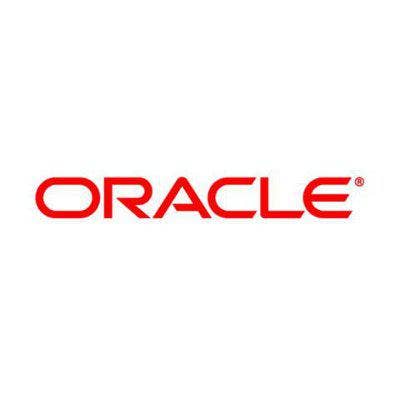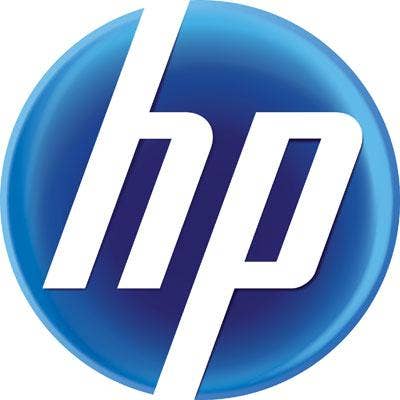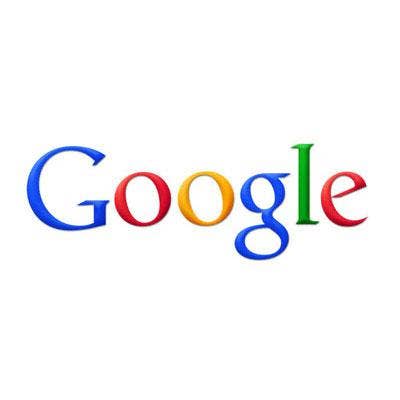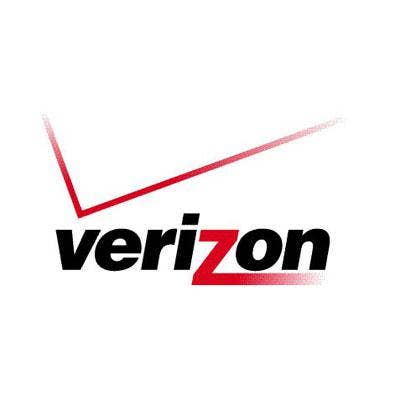Five Companies That Dropped The Ball This Week

Oracle's Ellison Keeps Sniping At HP
The HP-Oracle war of words is fast becoming the tech industry equivalent of the Itchy & Scratchy show: They're friends, but they also enjoy beating the heck out of each other.
The fisticuffs continued this week when CEO Larry Ellison threatened to drag new HP CEO Leo Apotheker into court to testify in Oracle's industrial espionage case against SAP.
Ellison says Oracle has evidence that Apotheker, during his time as SAP's CEO, was involved in the theft of stolen Oracle material. Oracle plans to share that information in court next week, and Ellison said Apotheker will be called to testify when he shows up for his first day as HP CEO.
Although undeniably entertaining theater, this little battle of the egos is a distraction to channel partners. "From a partner's perspective it is too much rhetoric," Bob Venero, president and CEO of Future Tech Enterprise, a Holbrook, N.Y., VAR 500 company, told CRN this week.

HP Keeps Sniping Right Back At Oracle
HP this week characterized Oracle CEO Larry Ellison's vow to haul incoming CEO Leo Apotheker into court as "an effort to harass him and interfere with his duties and responsibilities as HP's CEO." Apotheker, who starts his new job at HP on Monday, may instead find himself heading to court to testify in Oracle's industrial espionage case against SAP.
HP's view is that Oracle had ample opportunity to question Apotheker during his sworn deposition in October 2008 but instead waited until he was named CEO of HP to call him as a trial witness. "Given Leo’s limited knowledge of and role in the matter, Oracle’s last-minute effort to require him to appear live at trial is no more than an effort to harass him and interfere with his duties and responsibilities as HP’s CEO."
Again, highly entertaining stuff, but definitely not what channel partners want to hear as they try to go about the course of their day-to-day business.

Google Cops To Street View Data Hoovering
Well, well, well, looks like Google's Street View cars did actually swipe sensitive user data such as passwords, and even entire e-mails, during its accidental collection of data from unsecured Wi-Fi networks.
Google publicly acknowledged in May that its Street View cars inadvertently gathered some personal user data, but this week the search firm admitted that this gathering had gone much further than it initially reported.
"We work hard at Google to earn your trust, and we're acutely aware that we failed badly here," Alan Eustace, Google senior vice president of engineering, said in a blog post. "We want to delete this data as soon as possible, and I would like to apologize again for the fact that we collected it in the first place."
Google has pledged to introduce sweeping changes to its security and privacy mechanisms, and this was apparently enough to ward off a fine from the FTC. However, regaining users' trust may prove a more difficult challenge.

Mozilla Firefox 4 Slips Until 2011
Mozilla's not a company, so it's not losing money from the delay, but its announcement that Firefox 4 has been delayed until next year due to persistent bugs is a blow. Mozilla is going up against well-heeled competitors like Microsoft and Google in the Web browser market and can ill afford delays, although in this case the organization appears to have no choice but to pump the brakes on the Firefox 4 release.
"Completing this work is taking longer than initial estimates indicated as we track down regressions and sources of instability," Mozilla said in a statement. "As part of our commitment to beta users, we will not ship software before it is ready."

Verizon To Pay For Phantom Data Charge Spree
The Federal Communications Commission this week meted out some expensive justice to Verizon Wireless, which will reportedly have to pay nearly $78 million for sneaking unwarranted data charges onto 15 million of customers' bills.
Verizon Wireless will have to refund around $53 million to customers that received the bloated bills, and the carrier will also have to pay $25 million in fines to the U.S. Treasury. The settlement ends a nearly year-long FCC investigation
"Today's consent decree sends a clear message to American consumers: The FCC has got your back," FCC Chairman Julius Genachowski bellowed in a statement. "People shouldn't find mystery fees when they open their phone bills -- and they certainly shouldn't have to pay for services they didn't want and didn't use. In these rough economic times, every $1.99 counts."